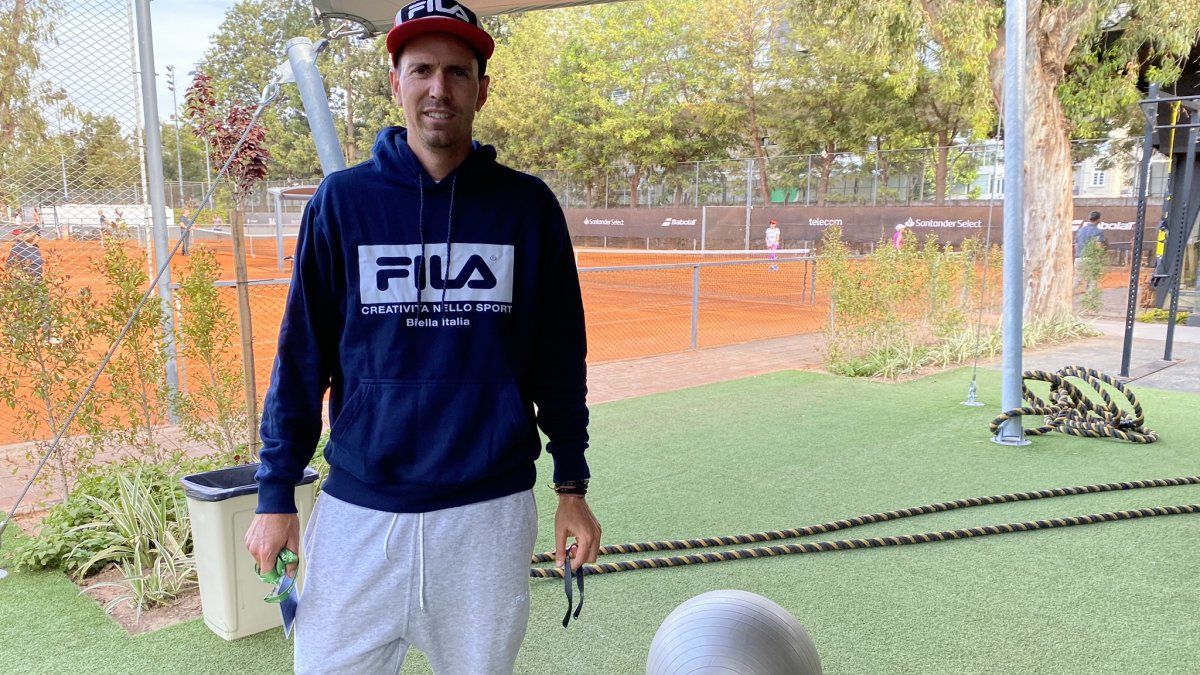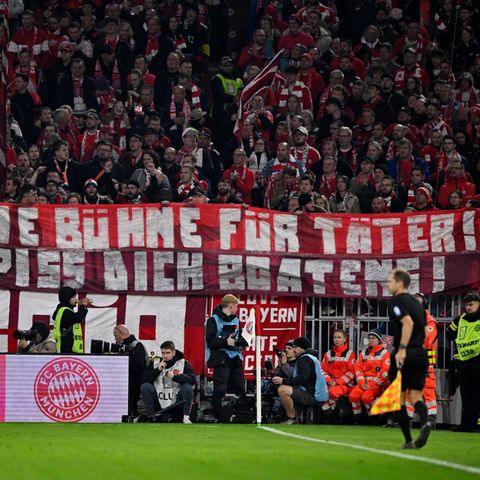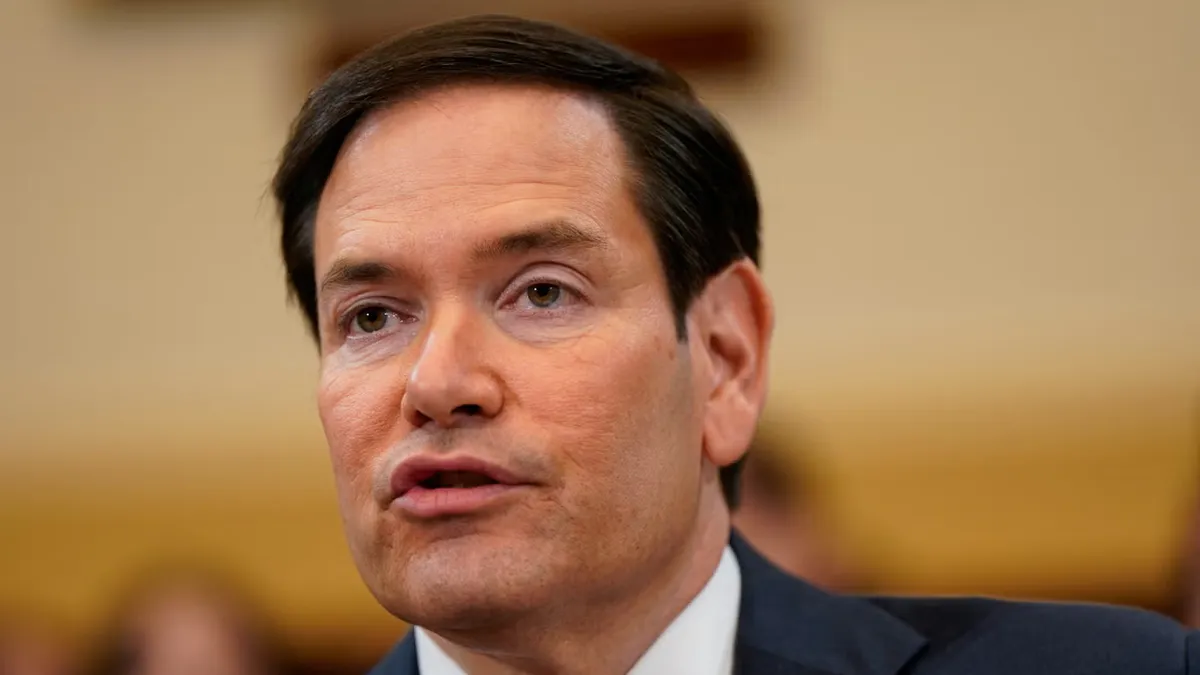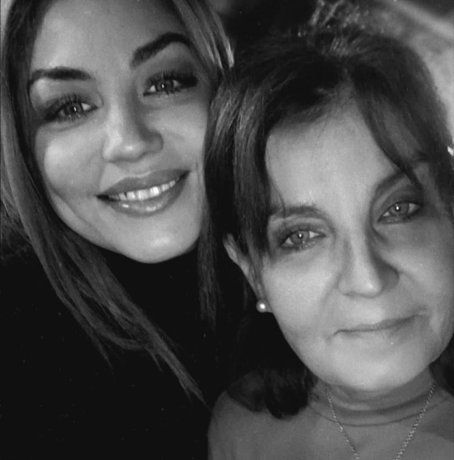“Flaco” was never one to externalize his reactions. He celebrates calmly, transmits tranquility and speaks without histrionics, even to remember what he went through almost 12 months ago. “I feel very good. I am still on a medication that is taken for a year. Recovery was normal. It was a difficult decision because except for the headaches, I was fine.he tells Ambit at the Racquet Club.
For five seasons he has been the coach of Diego Schwartzmann, a relationship “of many years and with great performance”. But since the last preseason he also works with the youngest of the Cerúndolo: “I discovered a very good person, very calm. He has a lot of passion, his focus is to be good at tennis, he is very professional.”.
With “Juanma” he had a complex 2022 due to the injuries he had, although, according to the level shown this week, that seems to be a story overcome. “One goal is to return to the Top 100 and play the Grand Slams and be able to face the big circuit all year”reveals the former World No. 15.
With both Schwartzman and Cerúndolo he works in the “double command” format. The “Peque” also has as a coach Alexander Fabbriwhile “La Compu” has Andres Dellatorre. Chela assures that the key is in the previous planning and that both coaches share the vision of the work.
https://twitter.com/JuanIChela/status/1450079285969137668
Hello everyone!!! I tell you that last Thursday I had a scheduled operation for an unruptured brain aneurysm. I had two stents placed. All went well. I’m already recovering at home.
– Juan Ignacio Chela (@JuanIChela) October 18, 2021
– How is the organization with two coaches?
– At the end of the year we put together the calendar of which tournaments each one is going to do. It is obviously flexible. The key is that they follow the same line. Ale joined us when we had been working great for many years, so it was to tell him how everything works, how we like to work, Diego’s habits. Al is very professional.
– It is not so common in today’s tennis such a lasting relationship between a player and a coach. Do you go out of the norm?
– Not traveling full time helps. I do half the calendar and Ale does the rest. We get along very well on a day-to-day basis, we are quite similar in how we approach the race. We try to do things well and to work when they have to be done, with the same vision of tennis as Diego and with mutual respect.
– Does it also involve understanding the moment lived and moving forward despite the frustration or anger?
– You go through all the situations. In games, the player lives with constant pressure and discomfort, all the time overcoming adversity. That is why it is understood from the outside, much colder, in addition to the fact that I lived through them, a lot of situations that the player is going through. As long as it’s not a very big disrespect, that it exceeds a limit, something that never happened to us, everything is fine.
The life of a tennis player takes place in a kind of itinerant solitude. Those who can travel with his team have the possibility of sharing time; otherwise he is only with himself. That is why Chela highlights those situations outside the court and training sessions.
“Everything that can be decompressed, due to the pressure and exhausting competition of the circuit, if you can’t compensate it with those moments, it’s very suffocating”points wisely.
Champion of six ATP tournaments, the man born in Ciudad Evita 43 years ago has a single requirement to train a player: “That he be willing to live for this, he is very self-sacrificing and demanding and I would not like to waste time.” Interestingly, it was not in his plans to be a coach, but everything changed five years ago.
Shortly after leaving professional tennis, Chela turned to making tennis-related television shows. “I did it because I was having fun at the time,” he recalls with a laugh. Until the call of Schwartzman came, whom he empowered and placed in the elite. Since the duo began, the “Peque” won three titles, reached the semis of Roland Garros and got into the top ten.
“He was out of the circuit for several years, and he was not in focus. I immediately started traveling and as soon as I came back I realized that I loved it and that I wanted to do it”confesses who says they are in favor of coaching.
https://graph.facebook.com/v8.0/instagram_oembed?url=https%3A%2F%2Fwww.instagram.com%2Fp%2FCZSZ3zNulUb%2F&access_token=EAAGZAH4sEtVABAA5qRqz7suoNsbt0qrtAAwkM10zTMZBc0ZC6dI7UCE4UsSbSBsOshTz3c59iZAFNPmYhEC6ZBubiZBrjVewtfaSZB8BY8QLVHQToDa97KP2ZAdhnWLazQwOoPZBDNrB6268hfKbdVh6mTUuSPI5kA9syBiZBpQeppbgZDZD
– Is it difficult not to see yourself when you train someone?
– At first it’s difficult, yes. When I returned to the circuit everything seemed strange to me, I was used to doing everything, I warmed up, mobilized, went to the gym, I was the one who played, the one who lived with those nerves. Now you feel adrenaline and nerves, but it is an abyss compared to what you feel on the field. And it also makes you want to go in and play, ha. With the tournaments you get used to it and you start to position yourself well in your role. Before, it was you in the good and in the bad. It is running from that protagonism and that it is all through the player. I have it very accepted and I love it.
– What do you think is the role of a coach today?
– I think it’s a bit of everything, containment, maintaining a certain balance, beyond the technical or the tactical, generating good habits. It covers all that part too.
– Why are Argentine coaches so successful in the world?
– We have good results, we really like spending hours on the pitch. Most of them were former players, and since the time of Guillermo Vilas we have come with that training with a lot of workload. That if you do it right you have your results.
Chela lived through much of the golden age of the Big 3. He was a privileged witness to the rise of Roger Federer, Rafael Nadal Y Novak Djokovic, whom he sees as “super heroes, each with different powers.” But he also returned to the circuit, now as a coach, to see the new tennis players who want to fight for a place in history.
The current generation, he acknowledges, is crossed by social networks and the indiscriminate use of cell phones. “It’s the time,” he nods, though she doesn’t see everything negatively.
https://twitter.com/JuanIChela/status/1570410709464547330
Roger, I’m here to play you in your farewell game. You liquidate it in 45′. think about it
– Juan Ignacio Chela (@JuanIChela) September 15, 2022
– How did you take Federer’s retirement?
– I cried, it was hard. I think it’s the first time I’ve cried over some tennis. I was in my house. Although he hadn’t played for a year, we all hoped to see him one more time. He said that he was preparing. I thought, well, he’s such a genius that maybe at some point he’ll come back and do something. The news was a bombshell, and everything about the Laver Cup, the retirement, with Rafa crying, was impressive, very emotional.
– The new names of tennis have a very frequent use of technology. Do you see the players scattered?
– It’s another time, you have to deal with that too. Today the player left the field, did not reach the locker room, and is seeing what the social networks say. That is not a good thing, because the people who are giving their opinion often even do it maliciously, they have no idea what you feel, your preparation, the demand, the effort required to be in that place. So what do you care what a guy saying from somewhere says because he saw two games of a game?
– Does the situation have a positive side?
– Communication is much easier. When I started playing, I was happy if I came to the room and there was an envelope with a fax. I can’t believe how we did it (she grabs her face). For me, the downside of that is that it brings you closer to those who are far away but it distances you from those who are close, because four people are at a dinner and we don’t talk because we’re on the cell phone.
– Is the validity of the Big 3 partly because young people don’t take the last step?
– These guys are too good. There are very good players, but what they can’t sustain is regularity, whether it’s in one game or a whole year. They have beaten him, yes, but they have to sustain him for so long that we have to give him this time. I don’t know if they have this level of detail, or not getting off track at all, because if you get off the rails a little bit, the level drops. These players went through all the situations and did not change. They lived with favoritism, they played all the games as favourites, the people love them and want to see them win, and in the best stadiums. There are heads that explode with that. It is admirable that they live with that and continue to win.
Source: Ambito
David William is a talented author who has made a name for himself in the world of writing. He is a professional author who writes on a wide range of topics, from general interest to opinion news. David is currently working as a writer at 24 hours worlds where he brings his unique perspective and in-depth research to his articles, making them both informative and engaging.




